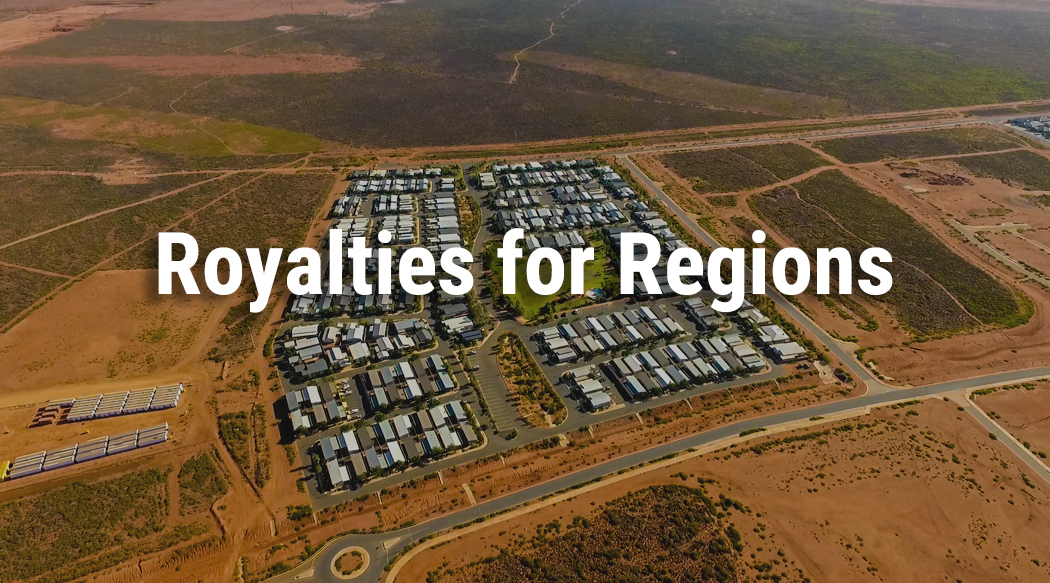
Western Australia has one of the most centralised demographic concentrations in the world where the vast majority of our population live in a single metropolitan area. However, it is Western Australia’s regions, and the West Australians who live and work there, which generate most of our primary wealth.
Despite this, the regions are often less well serviced than the metropolitan area in terms of health, education, land-use planning, environmental services and a range of other government provisions. Regional communities are also responsible for managing a diverse, fragile and often degraded environment.
With local governments limited by the resources that they raise through the blunt instrument of rates, they are often individually unable to provide significant cohesive and strategic regional initiatives, although many, through voluntary regional organisations of Councils, are moving in this direction. This is particularly true in regions that are very large in area, but very sparsely populated, like the Pilbara and Kimberley.
The resilience of regional communities to future challenges can be enhanced by diversification of local economies, effective stewardship of the natural environment, supporting local communities and allowing for more participation of regional communities in creating their own futures.
The Greens (WA) strongly support a regional approach to governance that recognises and places the environment at the foundation of governance. Regional governance, based on bio-geographical boundaries provides the most efficient way to foster ecologically sustainable development, whilst building stronger, more resilient, and better designed communities.
-
vibrant regional communities with efficient government services
- more input for regions into their own sustainable development
- local governments which are resourced to develop and maintain regional services including: waste, road networks, street lighting networks, information and communications technology, community infrastructure, public health, emergency services and environmental services
- regional collaboration between local governments to increase resource efficiency
- fairer distribution of the State’s wealth between the city and country
- the full inclusion of Aboriginal people in regional governance (see also The Greens (WA) Aboriginal & Torres Strait Islander policy)
- safe and secure food production (see also The Greens (WA) Food policy)
- safe, secure and reliable energy distribution
- economic diversification in regions, including incentives for the development of downstream processing of resources and manufacturing in the regions, and a particular focus on creating the new low carbon economy of the future (see also The Greens (WA) Energy policy)
- restoration of degraded soil, waters and vegetation.
-
Modify the criteria and objectives of the RfR funding to:
- build resilient communities and achieving long-term security for regions which look beyond the current resources driven economic framework and towards the development of other more diverse industry (tourism, renewable energy and manufacturing in particular)
- respond to local needs while also acknowledging that the short term benefits of new infrastructure can place a long term asset management burden on local governments and therefore on communities (see also The Greens (WA) Local Government policy)
- require a percentage of royalty revenue be allocated to alleviating disadvantage, particularly if caused or exacerbated by the displacement of regional industry or social marginalisation caused by the resources industries
- address regional sustainability issues including: sustainable energy provision and generation, water provision and recycling and sustainable waste management options
- increase the sustainability and autonomy of regional local governments through efficiency measures (i.e. water, energy, waste)
- acknowledge the need for incentives to attract permanent residents into regional areas, and service these needs appropriately (i.e. housing affordability, social infrastructure, cultural engagement etc)

